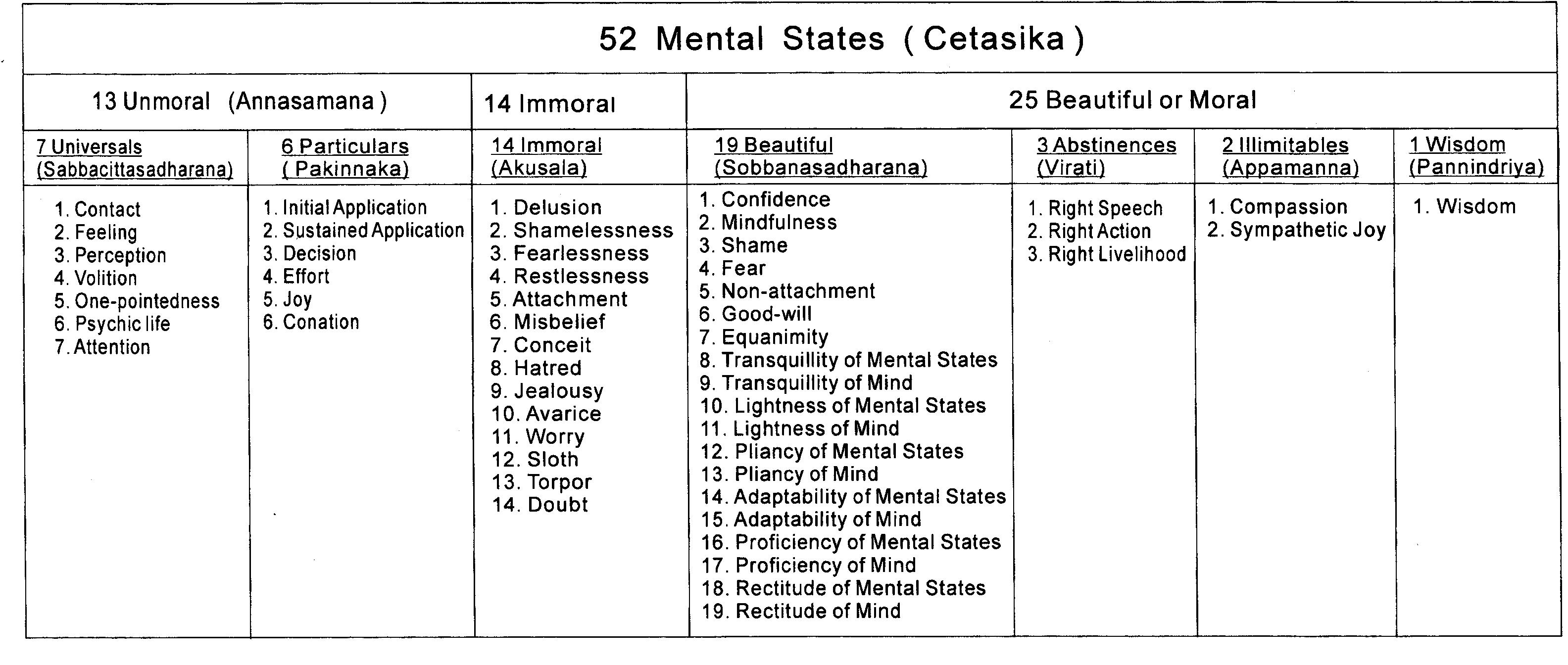According to Buddhist doctrine and Buddhist scriptures, have all human beings got the capacity for compassion or are some humans born without the ability to feel compassion. I appreciate that this question may have a particular answer from a scientific point of view but I'm interested what the Buddha or Buddhist teachers have to say.
2 Answers
As i have understood it from a theravada buddhist perspective then all human beings consist of the five aggregates and in here is the 2th aggregate of sensations. As far as i know the feeling of compassion falls under either this aggregate or the 4th aggregate of mental formations since compassion is also one of the 25 beautiful cetasikas. Or maybe it falls under both aggregates.
So in that sense all human beings have the capability to feel compassion.
When that is said i can imagine some occassions where the surroundings might not "allow" for circumstances to be created in where the feeling of compassion could arise. As all the aggregates are subject to the three signs of existence the feeling of compassion is dependent upon causes in order to arise. If these causes cannot arise due to the human being existing in such a poor, dangerous or violent environment e.g. a prison or extreme poverty then the feeling of compassion might not arise.
Also there is the factor of how much spiritual work the human being has done in this life and past lives which might affect in what degree there can be created causes that leads to the feeling of compassion.
This is my own view on it based on my understanding of the buddhist doctrine. I might not be right about this so feel free to correct me if im wrong so i can also learn from it.
-
1
I will not repeat the very clear theoretical background that Lanka has put forward. It describes very well how human capability for compassion fits into buddhism. It doesn't say, I believe, that all human beings have this capacity, merely how such capacity works.
Not everybody is born with a similarly strong mind. And not everybody has had the opportunity to practice. Perhaps some will have such adverse circumstances, or such a weak mind that the chance that they will ever feel compassion is very small.
I think could then consider that such a human being doesn't have the capacity for compassion, without disagreeing with buddhism.
Seeing it this way might inspire compassion and understanding in yourself, perhaps more so than considering that someone has the capability, but is not using it.
-
1I have read that about 1% of people are 'sociopaths' (literally: social illness) who have no empathy and do not have insight into others. Most such people do not harm anyone, but live miserable lives because they are alone, cannot make friends and no one likes them. Probably everyone knows people like this. They do not seem to "get better" during their lives.– user2341Commented May 17, 2017 at 11:57
-
Welcome to the site! I hope that you find it congenial and useful.– user2341Commented May 17, 2017 at 11:58
-
Dhammas have causes. If there is no cause, certain Dhamma does not arises and "human have not got anything" but beings do, this or that and become accourding to their deeds. So far Iweins answer is quite more proper, nevertheless speculative. Maybe he likes to investigate that matter, out of compassion, or better karuna, and tries a better.– user11235Commented May 17, 2017 at 13:14
-
@no comprende ur comment reminds me the historical debate on if Icchantika (—闡提) can realize enlightenment/ Buddha-hood. it said Manjusri's method is to have those the heads chopped and arranged as garland to adorn Manjusri, thus they could get scented (like smoked bacon) by Manjusri's wisdom (my guess) eventually transformed.– Mishu 米殊Commented May 18, 2017 at 14:57
-
@Bhumishu米殊 this is like asking if it can be compassionate to kill some people, or allow them to die. Big "can of worms"! Is a life with suffering better than no life at all? How much suffering would change someone's mind? Is suicide acceptable? Physician-assisted suicide? All good questions. It varies based on whether you think there is a life after this one or not. All religion is based on that one idea. Drop that idea: no religion. Then we would have to focus on what is life like now... which is Buddhism! No easy answers.– user2341Commented May 18, 2017 at 15:44